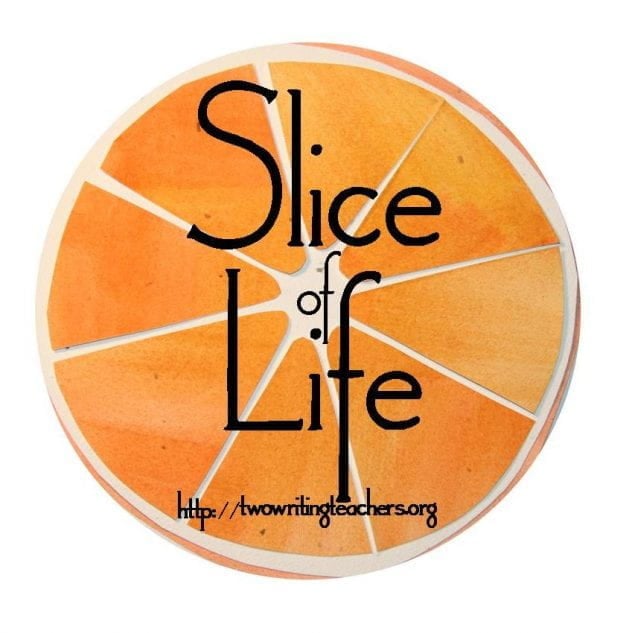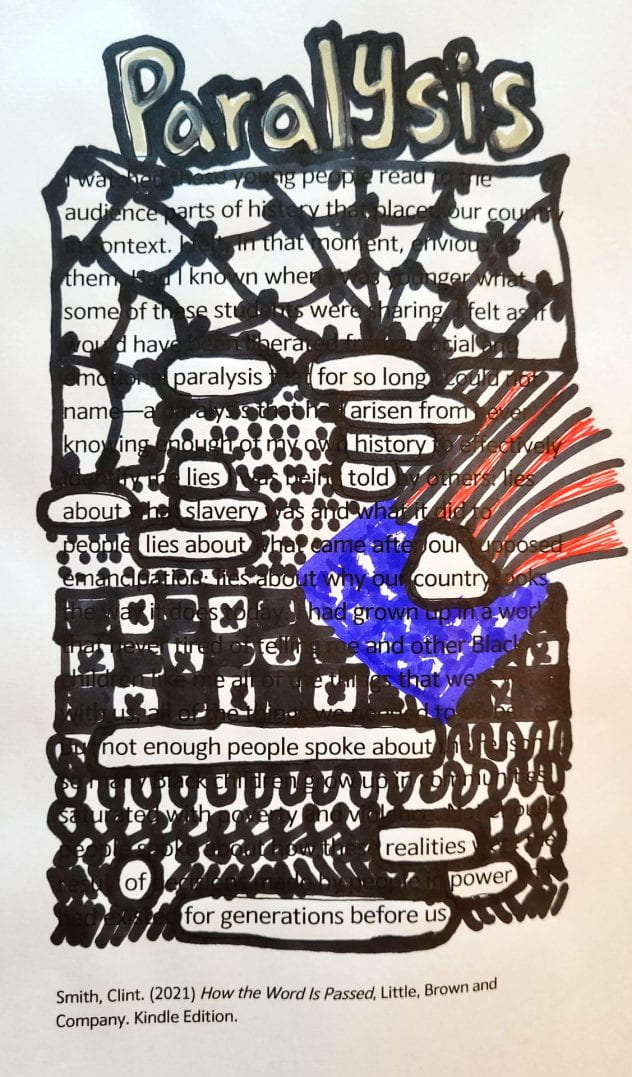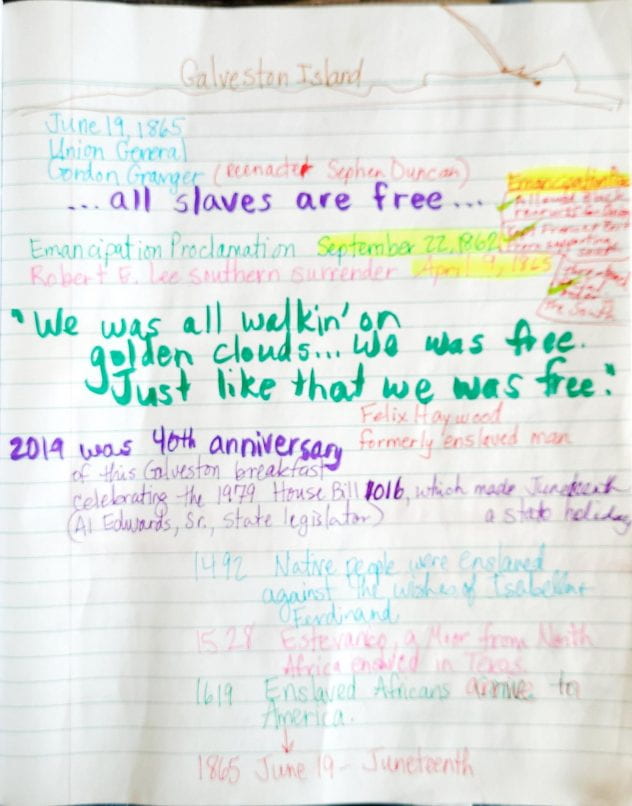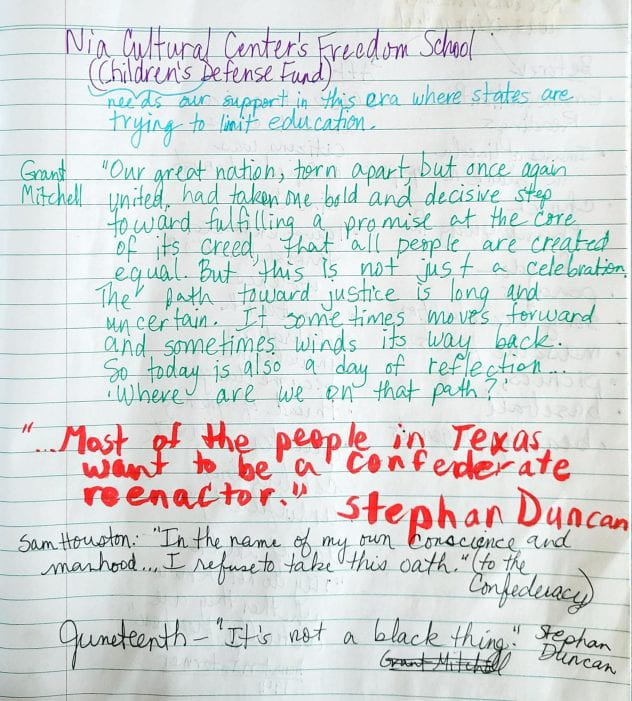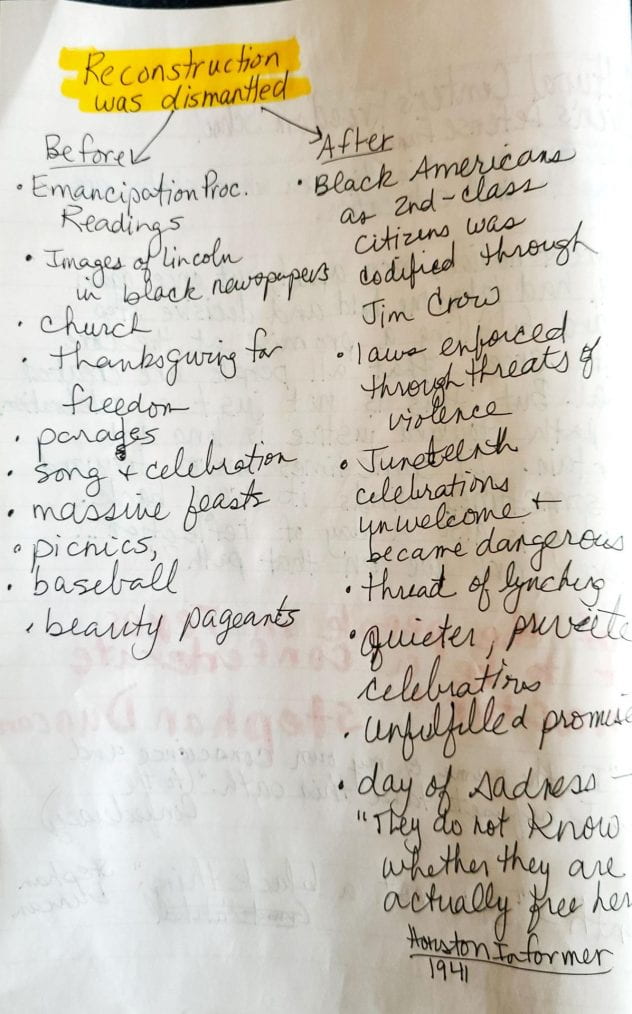Are you being willfully stupid? is just one of the interesting questions Jesus asked when he lived on earth. The book Holy Curiosity: Encountering Jesus’ Provocative Questions has been challenging and blessing me over the past few weeks. I’m reading and discussing a chapter each week with some family members. Lately the chapters have inspired us to also write poems. The chapters, each with a different question, include:
-
- Who condemns you?
- Why are you afraid?
- How much bread do you have?
- Are you being willfully stupid?
- My God, why have you abandoned me?
- Are you confused?
- Do you believe this?
- Why do you doubt?
- What do you want?
From the chapter “My God, why have you forsaken me?” with a quote from Elizabeth Barrett Browning: “Earth’s crammed with heaven” I wrote this golden shovel poem.
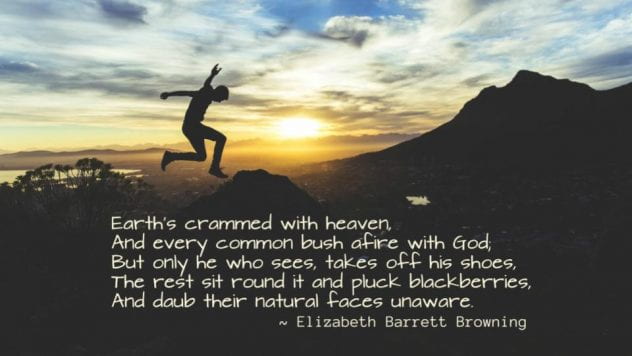
A Golden Shovelful of Heaven
the mystery of sweet earth’s
bliss and beauty is still crammed
full of crude confusion, with
scandalous prayers to heaven
From this week’s chapter, “Are you confused?”, I created a found poem, this type called a zentangle, based on the following page of text from the book. I was struck with the use of the word incarnate both as an adjective (Jesus, the Incarnate One) and verb (We are to incarnate Jesus.). Wow!
But what if Jesus came, not to keep us from hell, but to invite us into hell? What if Jesus came to invite us to enter, with him, into the terrors of brokenness and sin and misery in our world? In the scandal of the Incarnation, Jesus took on human form and immersed himself into his world spun off course. On the cross, he was drenched in our sin. During his three days entombed in darkness, many traditions teach that Jesus descended into the depths of Hades to confront Satan and his hordes. If we as God’s people are now called to incarnate Jesus in our world, how could we possibly think Jesus’ ultimate aim is to make sure we are always comfortable, that we get our piece of the American dream?
Jesus invites us into the reality of his work, bringing redemption to the earth and speaking revolutionary Jesus-life to a dead, broken world.
Collier, Winn (2009) Holy Curiosity: Encountering Jesus’ Provocative Questions Paperback, Baker Books. Kindle Edition.
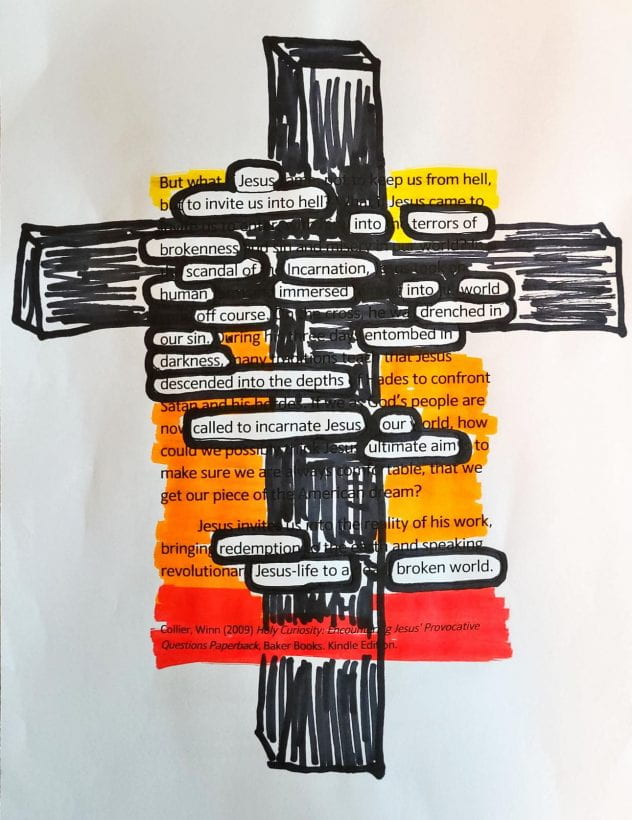
Incarnate Jesus
Jesus to invite
Us into hell,
Into terror of brokenness.
Scandal of Incarnation–
Human
Immersed
Into
World
Off
Course
Drenched in our sin
Entombed in darkness
Descended into the depths
Called to incarnate
Jesus, our ultimate aim.
Redemption
Jesus-life to a
Broken world
From the same chapter, “Are You Confused?”, Collier quotes Dostoyevsky’s Crime and Punishment. Here are the words spoken by Porfiry Petrovitch to Rodion Romanovich that touched me: “fling yourself straight into life without deliberation; don’t be afraid.” That quote along with a story of Jesus and Peter walking on the water in Matthew 14:25-33 inspired this golden shovel poem:
To Peter
How long do I have left in this life to fling
Open the door of doubt for myself? How did you give yourself
Permission to balter straight
Into walking on the sea and into
A fearless and direct life?
A life of joy and singularity without
Standing around for deliberation
About whether you do or don’t
Have enough faith to be
Free to live, believe, and love–not afraid.



